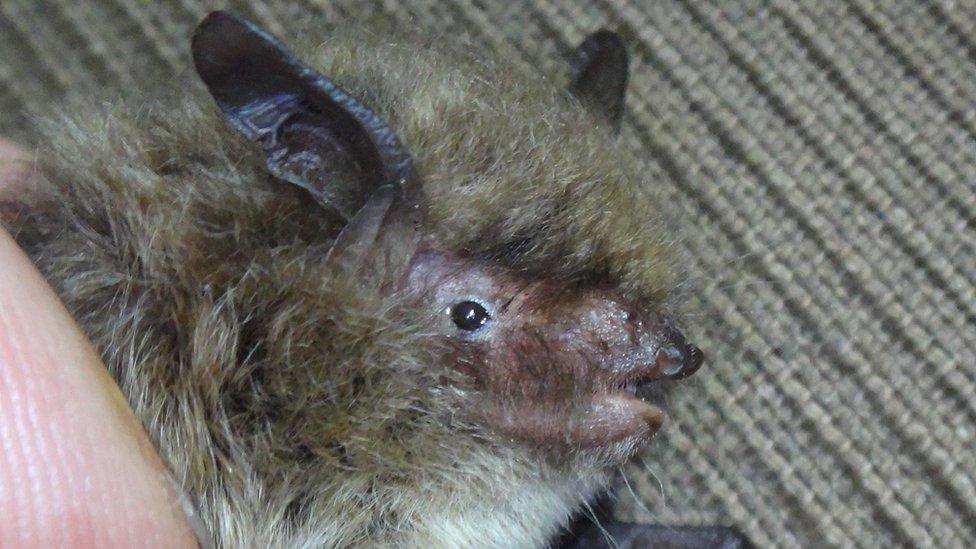Work to help endangered bats bounce back
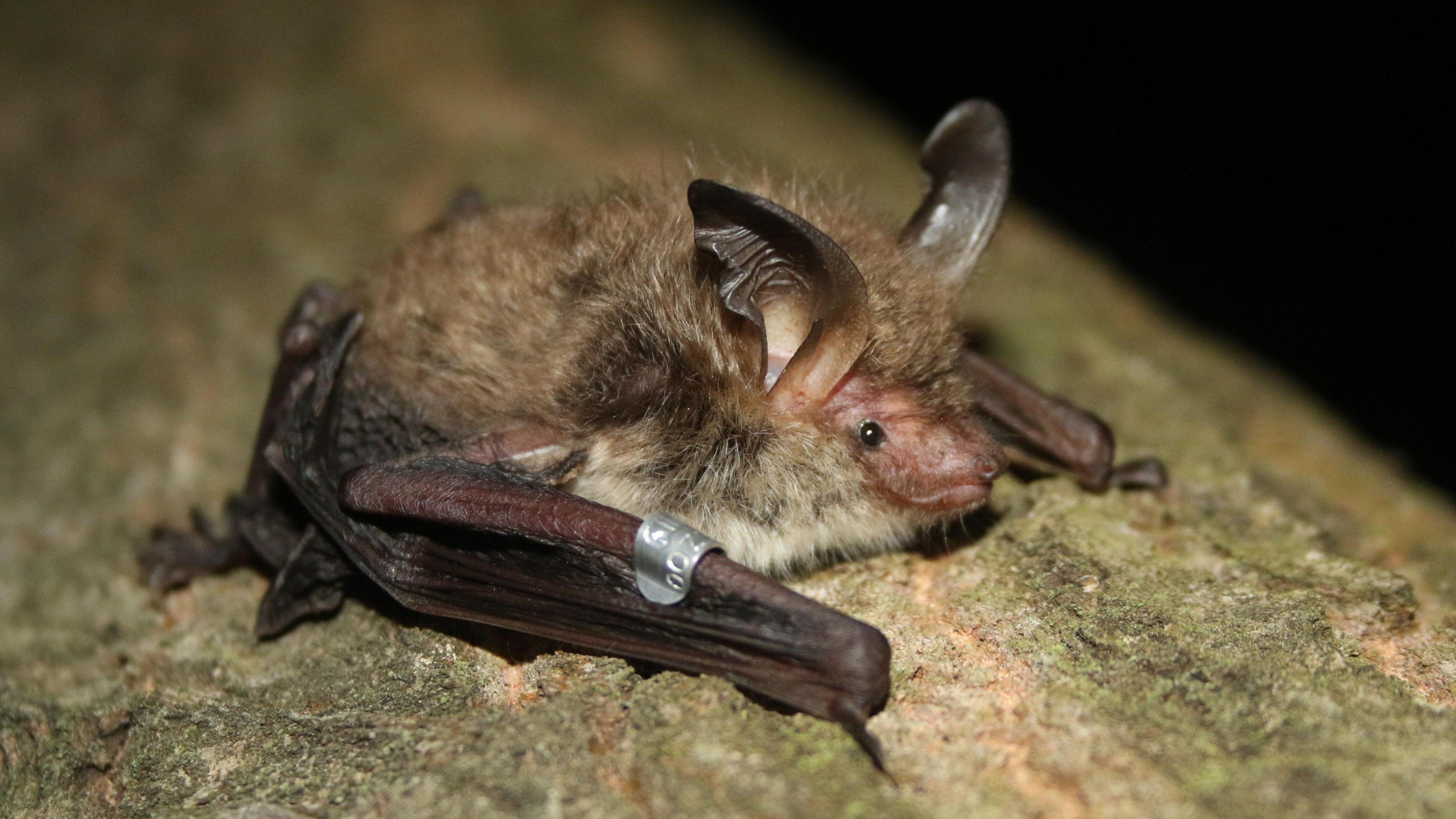
The Bechstein bat population at a colony near Trowbridge has continued to decline
- Published
Plans to help critically endangered bats in a nature reserve have moved a step forward.
A fundraising target to support the Bechstein bats at Trowbridge's Green Lane Wood Nature Reserve, Wiltshire, has been hit, which has unlocked £20,000.
Wiltshire Wildlife Trust will spend the money on new bat roosts, ponds, bat monitoring and public education.
The trust's grant's officer Debbie Bentley said the charity had been worried amid declining numbers over recent years. She added the money will help to maintain a "strong and healthy" colony.
Most of the £20,000 is coming from the Suez Landfill Fund, external. This stipulates that 10% needs to come from elsewhere, which the trust has now raised.
Work will begin this winter, when the bats are hibernating, a trust spokesperson added.
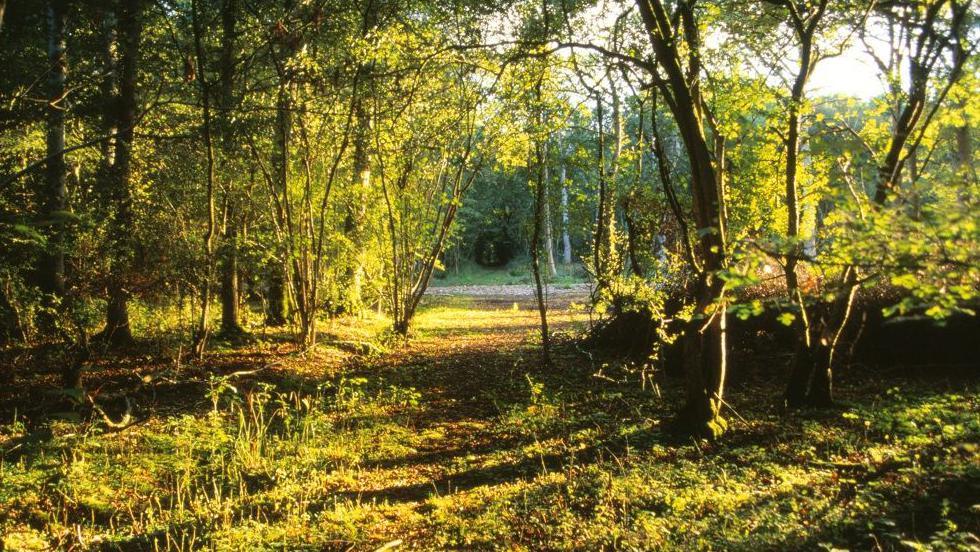
Green Lane Woods Nature Reserve will be getting more ponds and roosts
The trust uses specialist equipment to identify the bats and their roosts as their speed makes it difficult to differentiate them from other species.
Detecting bats usually involves using equipment that turns their echolocation calls into sound.
The planned new ponds will support more flying insects, which are the Bechstein's main food source.
More roosts will also encourage them to remain in the woods, the trust said.
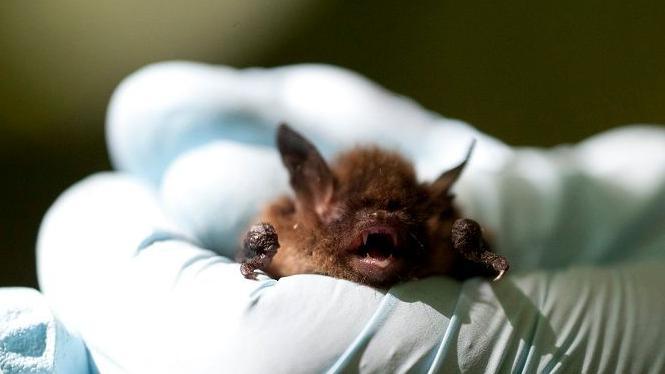
The bats move very fast and it is easier to use specialist equipment to tell the difference between species.
Climate change and local weather patterns will also be monitored to study what impact this is having on the bats.
"Bechsteins particularly like ancient woodland so it's about being careful when you're in the woods," Ms Bentley added.
Get in touch
Tell us which stories we should cover in Wiltshire
Follow BBC Wiltshire on Facebook, external, X, external and Instagram, external. Send your story ideas to us on email or via WhatsApp on 0800 313 4630.
Related topics
- Published3 March 2024
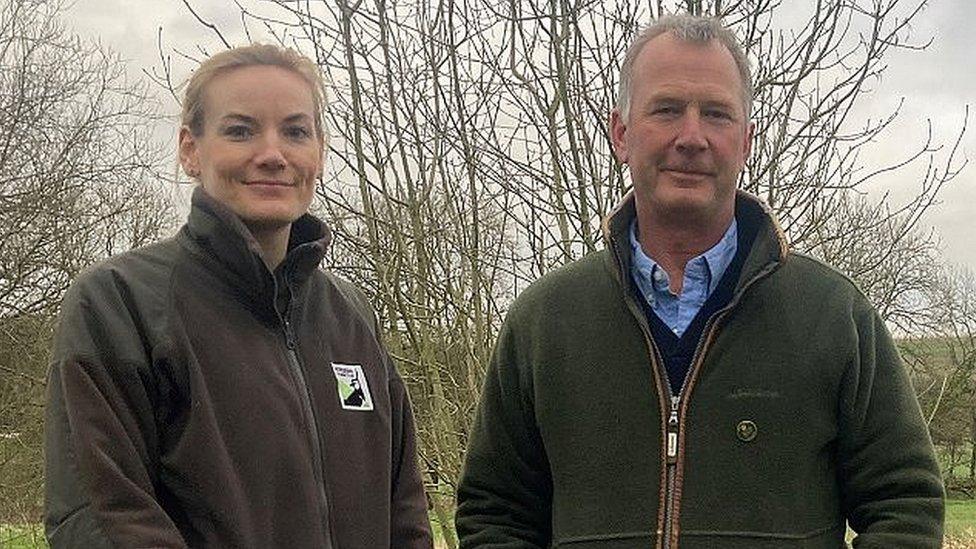
- Published9 November 2018
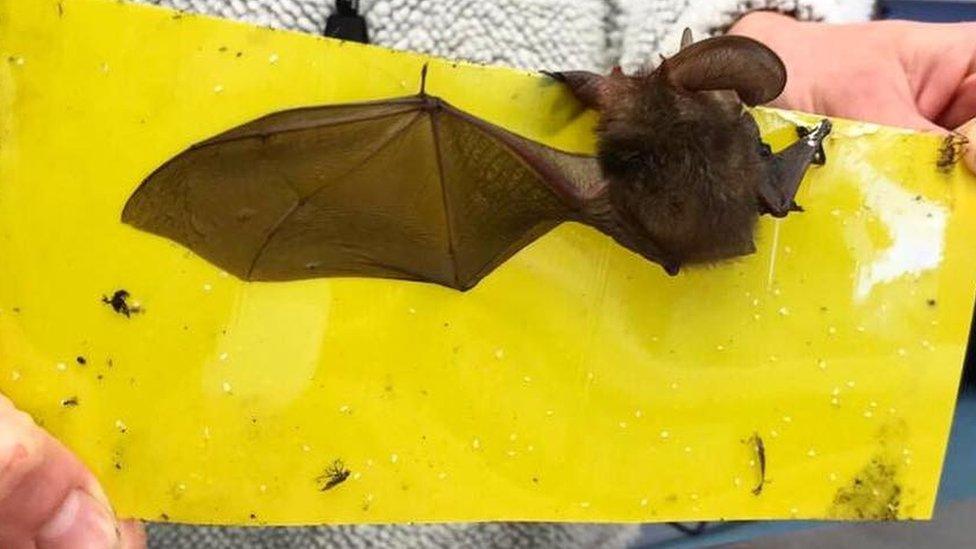
- Published15 March 2019
